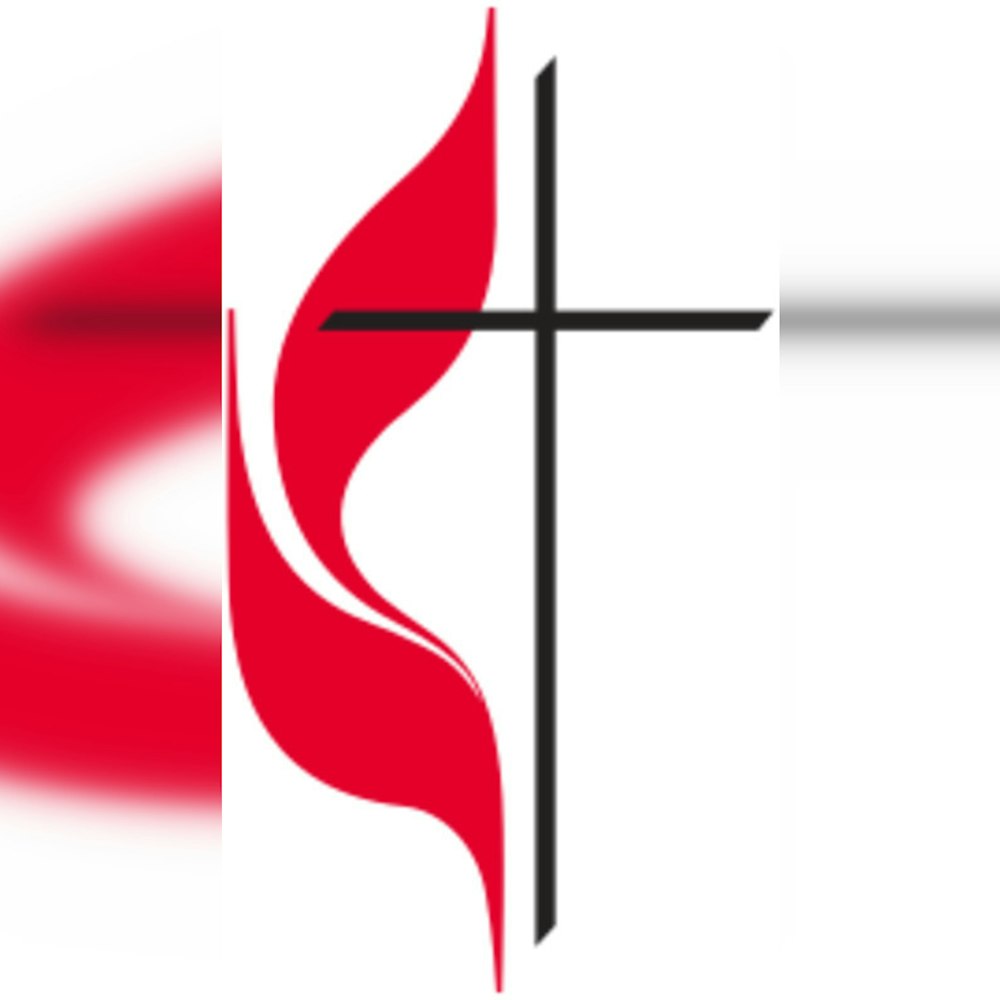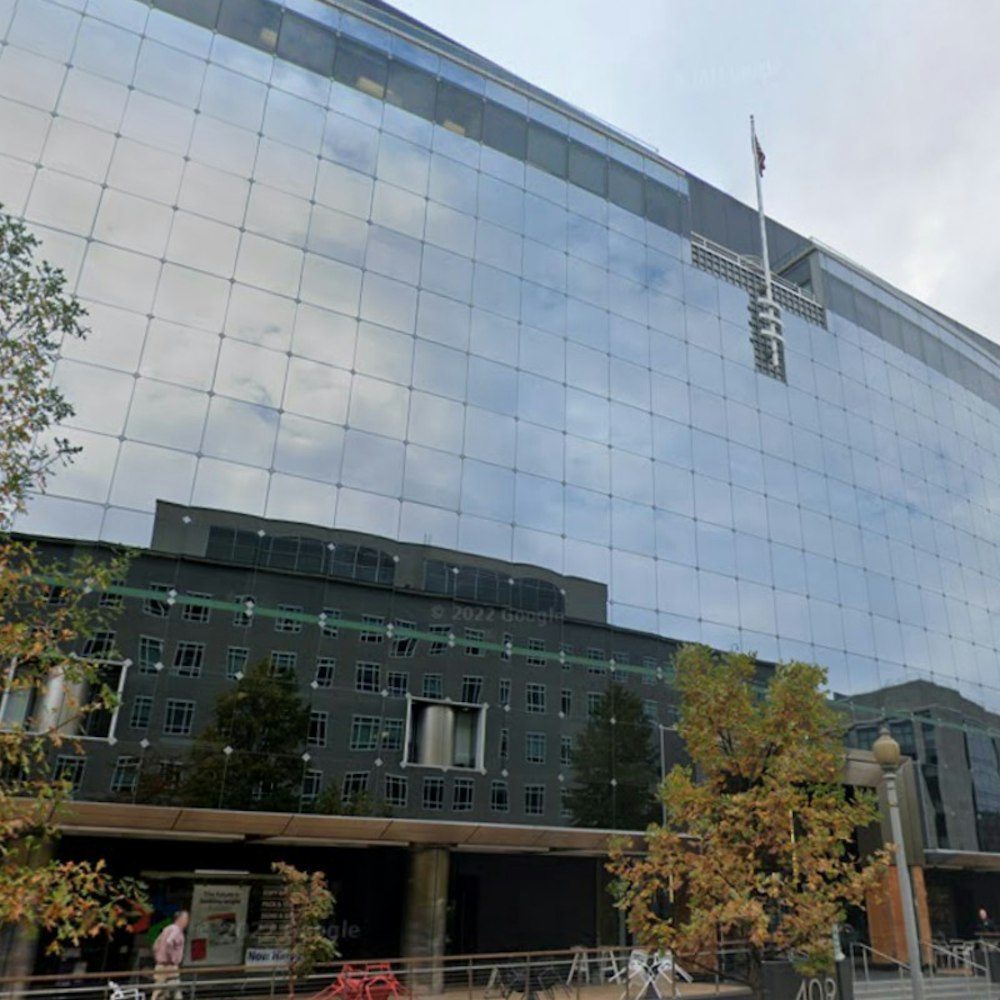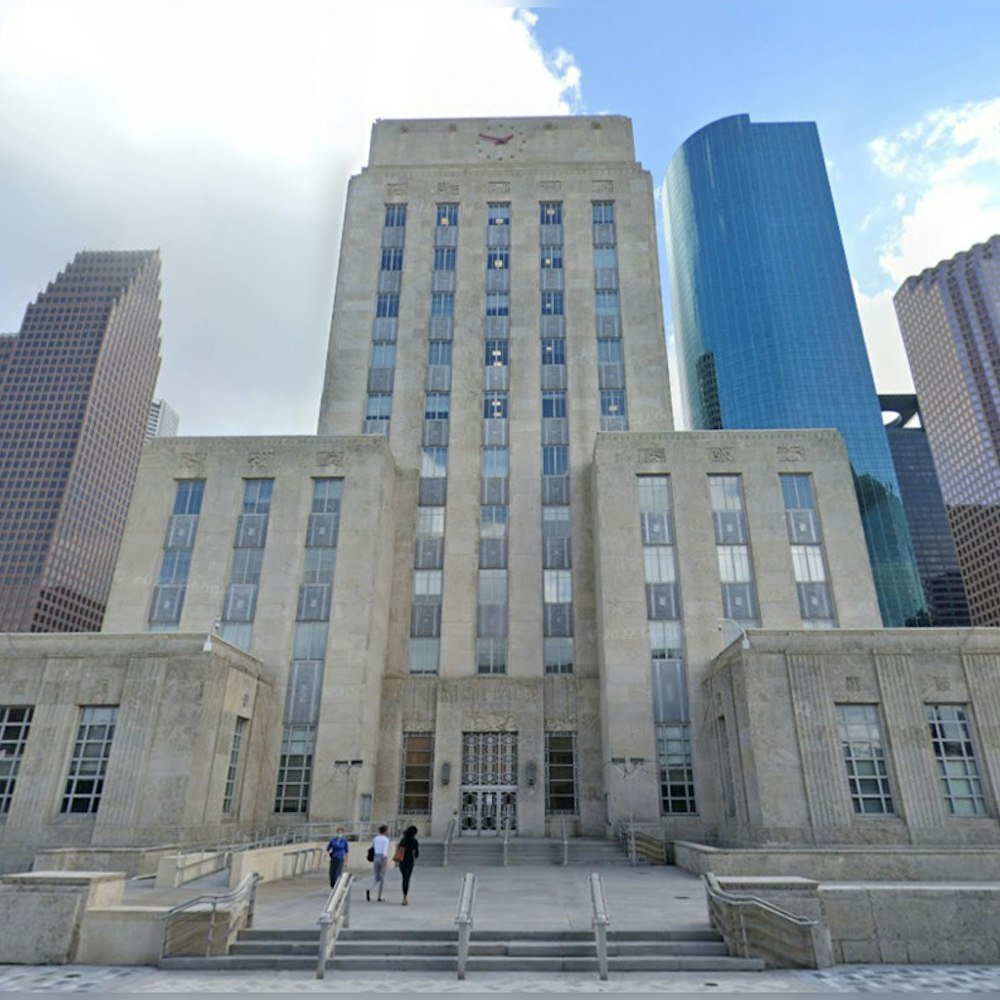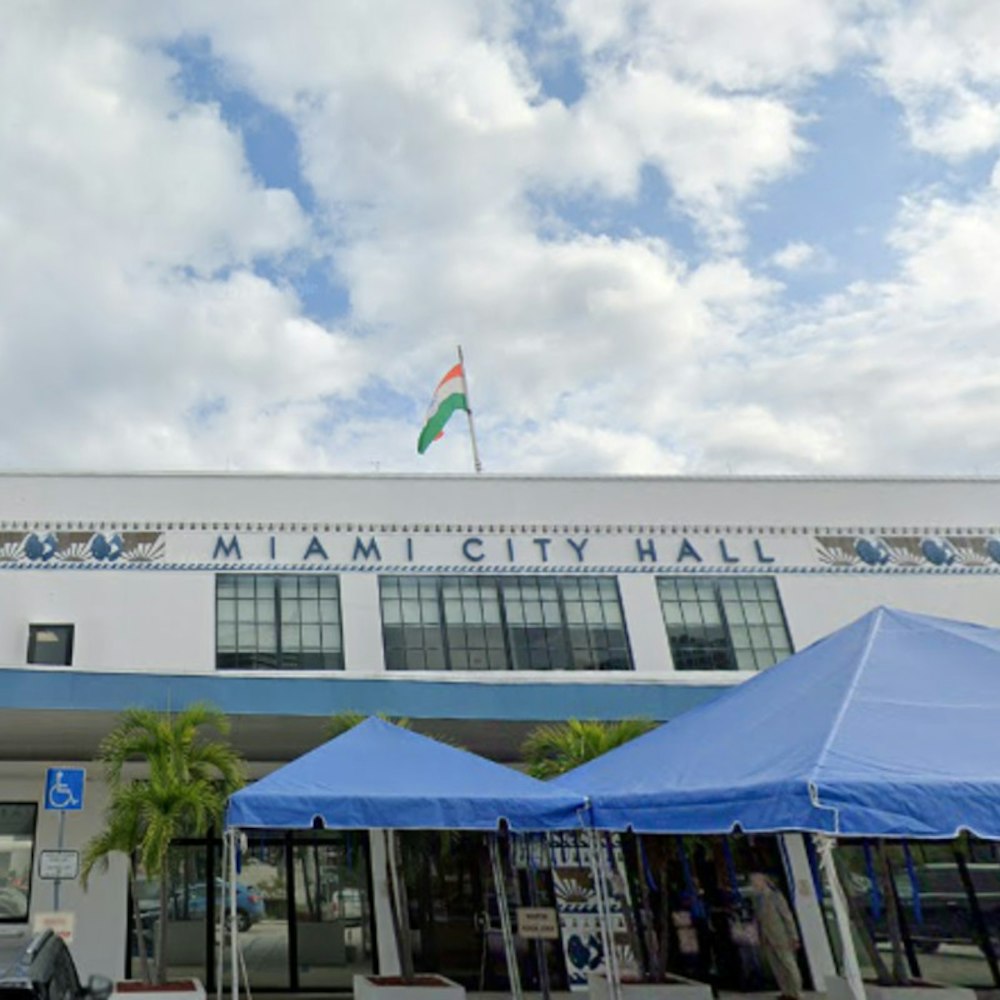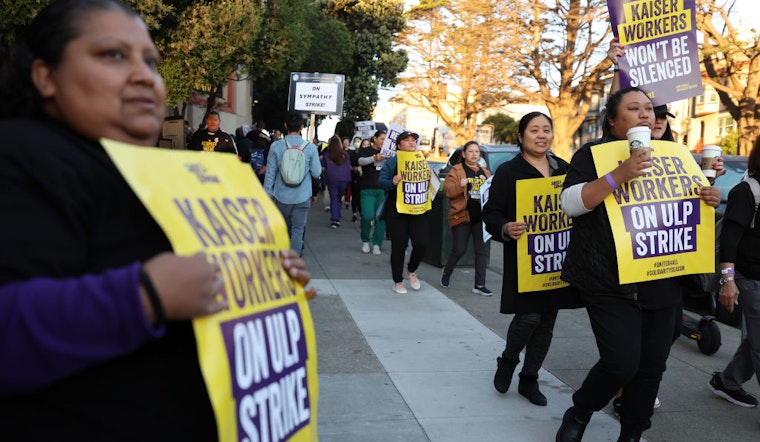
Today about 75,000 Kaiser Permanente healthcare workers initiated a significant nationwide strike. The result was the shutdown of many out-patient pharmacies across the Bay Area according to Mercury News. Affected locations include South Bay, Peninsula, Alameda County, Contra Costa County, San Francisco, and Marin County. These facilities are expected to stay closed until at least Friday.
Being the largest such action in U.S history, the strikers are advocating better wages and solutions for staffing shortages. The Coalition of Kaiser Permanente Unions represents about 85,000 employees throughout the health system. Strikes were set to last for three days in California, Colorado, Oregon, and Washington, and one day in Virginia and Washington, D.C. Projected numbers indicate that 75,000 individuals will join the pickets as reported by AP News.
Despite to the ongoing strike, doctors aren't participating and all 39 Kaiser Permanente hospitals, including emergency rooms, will remain functional. Kaiser has also planned to hire temporary workers to mitigate the staffing issue. However, non-urgent appointments and procedures could encounter delays.
The union cites understaffing as a significant issue impacting both patient care and the hospital system's profits. They argue executives have acted in bad faith during negotiations. Healthcare workers called for a minimum hourly wage of $25, increases of 7% annually in the first two years, and 6.25% per year in the following two. In response, Kaiser proposed minimum hourly wages of $21 to $23 in 2024, location-dependent. The hospital system has hired 51,000 workers since 2022 and intends to add 10,000 more by the month's end.
AP News reported that Kaiser Permanente's operating revenue increased by 7% in the second quarter of the year, totaling over $25 billion. Due to robust investment income, a $2.1 billion profit was turned, contrasted with a $1.3 billion loss the previous year. However, Kaiser's executive acknowledged the strains inflation and labor shortages have put on the organization.
Given the high labor costs, staffing shortages, and growing uncompensated care reported by several California hospitals, the healthcare industry’s challenging period is apparent. Rick Gundling, the senior vice president of the Healthcare Financial Management Association, noted platforms like Medicare and Medicaid mostly fund hospitals' income, making revenue growth a challenge.
In this year itself, the U.S. has seen 312 work-related strikes involving at least 453,000 workers as stated by Johnnie Kallas, project director of Cornell University's Labor Action Tracker.



